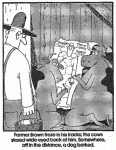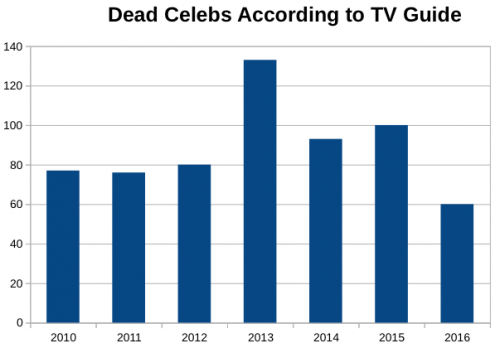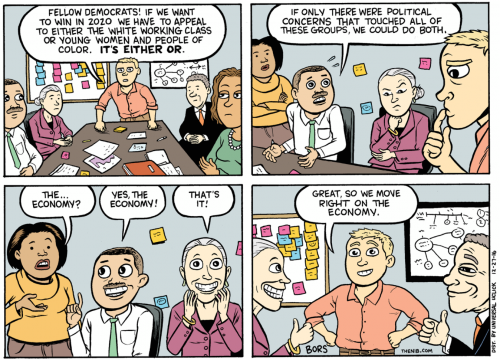I believe Russia did meddle in American politics, at least in the sense of assisting Republican propaganda. I could easily accept that their tinkering, and partisan influence from what should be non-partisan bureaucracies (like the FBI) shifted the vote margins by a percentage point or two. You can even argue with me by how much of a percentage and I’d just shrug and go along with it.
But what made an even bigger difference, what really made Trump possible, was an incompetent, smug, conservative Democratic party that bumbled the election at every point. It looks like Matt Taibbi shares my opinion.
Did the Russians do it? Very possibly, in which case it should be reported to the max. But the press right now is flying blind. Plowing ahead with credulous accounts is problematic because so many different feasible scenarios are in play.
On one end of the spectrum, America could have just been the victim of a virtual coup d’etat engineered by a combination of Donald Trump and Vladimir Putin, which would be among the most serious things to ever happen to our democracy.
But this could also just be a cynical ass-covering campaign, by a Democratic Party that has seemed keen to deflect attention from its own electoral failures.
The outgoing Democrats could just be using an over-interpreted intelligence “assessment” to delegitimize the incoming Trump administration and force Trump into an embarrassing political situation: Does he ease up on Russia and look like a patsy, or escalate even further with a nuclear-armed power?
Emphasis is mine. All the news about Russian interference is just playing to the media and giving the DNC an excuse, all while distracting the party from actually confronting their deep internal problems and doing something about it.
Because, I fear, they don’t want to do anything about it.







